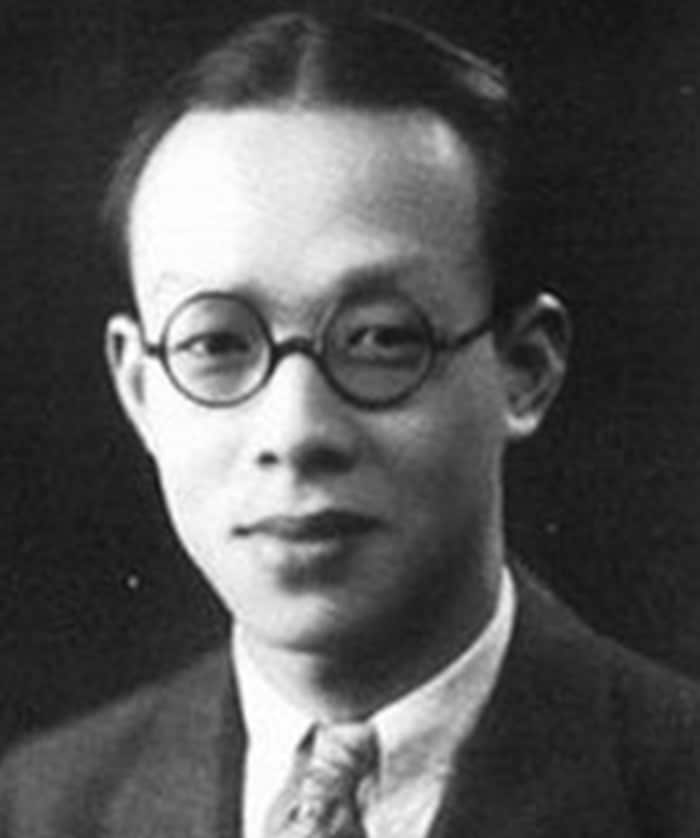
Zhou Youguang (周有光) was born on January 13, 1906, in Changzhou, Jiangsu Province, China to a poor family. His father was an official in the Qing Dynasty. When he was 10 years of age, he moved with his family to Suzhou, Jiangsu Province. In 1918, at the age of 12, he entered Changzhou High School where he showed a flair for language. After graduating with honors, in 1923, his family raised the tuition for his enrolment in St. John’s University in Shanghai, where he majored in economics with a minor in linguistics. In 1925, civil strife forced his transfer to Guanghua University from which he graduated two years later. In 1930, Zhou married and moved to Tokyo, Japan where he studied linguistics as an exchange student.
When World War II ended with the surrender of the Japanese in 1945, Zhou, as an employee of the Sin Hua Bank was sent to New York City where he studied economics. Zhou returned to China in the late 1940’s and in 1949, when the People’s Republic of China was formed, he returned to Shanghai where he taught economics at Fudan University. In 1955, he was summoned to Beijing where he was tasked with developing a new system for Romanizing Chinese characters to improve literacy and simplify the Chinese writing system. The result of this 3-year project was the Pinyin system, that was officially adopted by the Chinese government in 1958. Pinyin had a profound impact on Chinese education, making it easier for people to learn and communicate in Mandarin.
In 1966, Mao Zedong launched the Cultural Revolution committed to restoring Chinese Communism and purging Western and capitalist influences in China. During this movement, many of the intellectuals from academic institutions were banished. Zhou was sent to live for two years in a labor camp where he was encouraged to rethink his opinions . After Mao Zedong’s death in 1976, China began to look Westward once again, and in 1978, the leader of China’s Communist Party, Deng Xiaoping initiated economic reforms that had capitalistic characteristics. In April of the following year, Zhou was the representative of the People’s Republic of China at the International Organization for Standardization in Warsaw. There he proposed the Hanyu Pinyin System as the international standard for the romanization of Chinese–a proposal that was adopted in 1982.
In the years that followed, Zhou worked with colleagues in the translation of the Encyclopedia Britannica into Chinese, earning him the moniker, Encyclopedia Zhou. He also continued to publish books, including The Historical Evolution of Chinese Languages and Scripts that was published in English in 2003. In his later years, while living in Beijing, he wrote about politics, advocating for democracy in China. Though many of his books were banned in China, he continued to write, having published at least 10 books after reaching the age of 100.
Zhou Youguang passed away on January 14, 2017, at the age of 111 years, having outlived his wife and his son. His legacy lives on through the widespread use of Pinyin in education and communication, contributing to the internationalization of the Chinese language. Zhou Youguang’s life and work reflect his commitment to bridging linguistic and cultural gaps through innovative contributions to the study and use of language.
